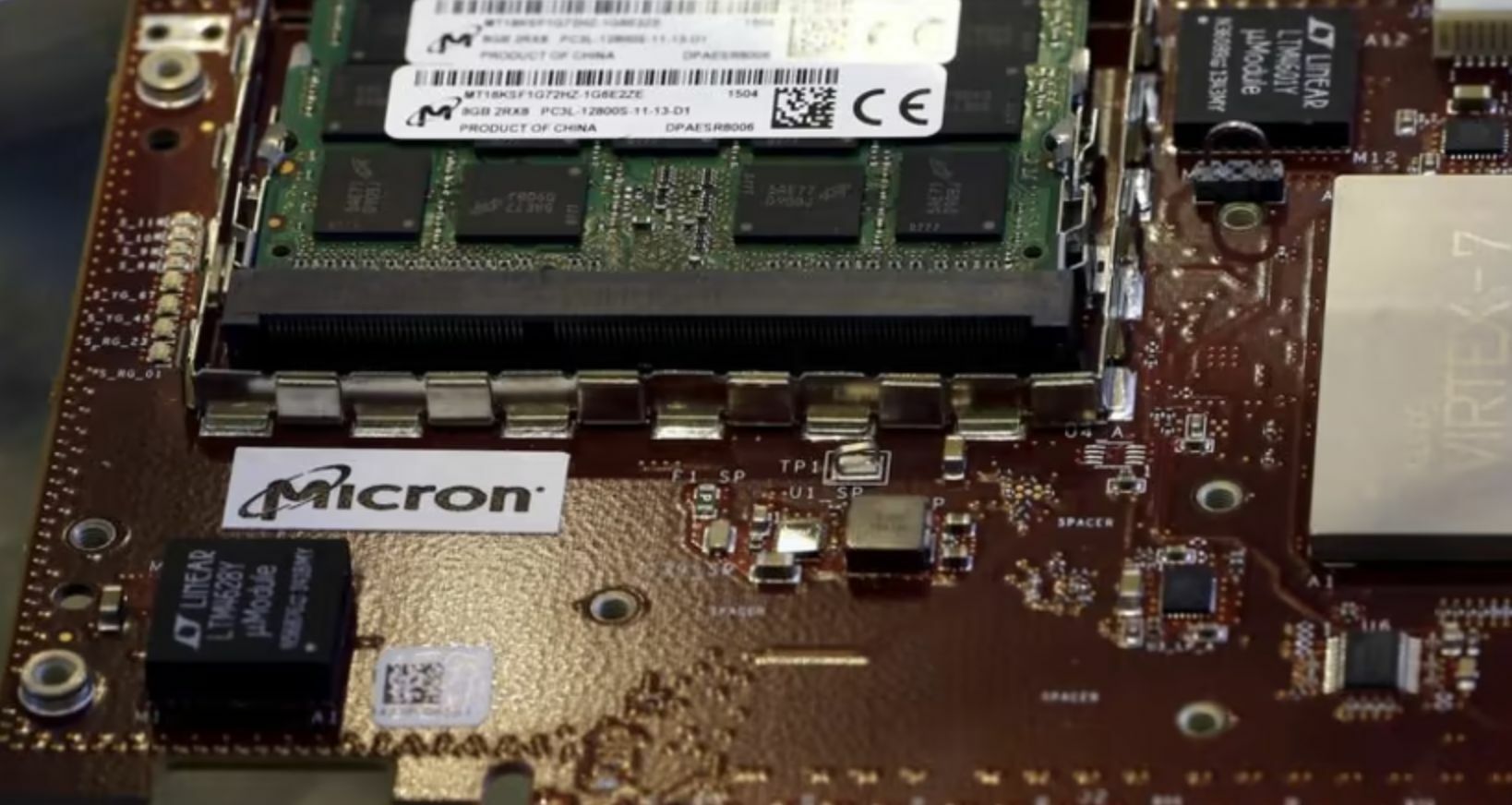China cybersecurity watchdog fails Micron, urges halt on chip purchases

China’s cybersecurity watchdog has announced that US semiconductor company Micron failed its national security review, urging operators of “critical information infrastructure” to cease purchasing its products. This marks a new development in the ongoing chip dispute between the US and China, with the US seeking to limit Beijing’s access to advanced semiconductors. In March, Chinese authorities initiated a review of Micron’s products sold in the country, one of the world’s leading chip manufacturers.
The cybersecurity administration (CAC) stated in a release that Micron’s products “have relatively serious potential network security issues, which pose a major security risk to China’s critical information infrastructure supply chain and affect China’s national security.” It added that “operators of critical information infrastructure in China should stop purchasing Micron products.” China’s definition of critical information infrastructure spans various sectors, from transport to healthcare.
In response to the CAC’s conclusion of its review, Micron said in a statement, “We are evaluating the conclusion and assessing our next steps.” When asked if the company plans to appeal the decision, a Micron spokesperson responded, “We look forward to continuing to engage in discussions with Chinese authorities.”
According to company data, approximately 10% of Micron’s US$30.8 billion annual revenue last year came from China. However, analysts previously stated that a significant portion of Micron products sold in the country were purchased by foreign manufacturers, and it is unclear if the cybersecurity watchdog’s decision impacts sales to such buyers.
In 2021, China introduced regulations to protect critical information infrastructure with stricter data security requirements and has recently stepped up enforcement of its data security and anti-espionage laws. The semiconductor dispute between Beijing and Washington intensified last year when the US imposed restrictions on China’s access to high-end chips, chipmaking equipment, and semiconductor design software. The US also blacklisted several Chinese firms, including Micron’s competitor Yangtze Memory Technologies Co Ltd, citing national security concerns.
In response to the US’s actions, Beijing has criticised the moves as “US bullying tactics” and accused Washington of “technological terrorism,” pledging that such controls will only strengthen its determination to achieve self-reliance in the sector. The Chinese government has long aimed to develop a robust domestic semiconductor industry and has invested billions of dollars in local chip firms.
Semiconductors are crucial to the modern global economy, powering everything from cars to smartphones, and are projected to become a US$1 trillion industry worldwide by 2030. This is particularly evident in China, the world’s second-largest economy, which relies on a constant supply of foreign chips for its extensive electronics manufacturing base. In 2021, China imported semiconductors worth US$430 billion, exceeding its expenditure on oil.
Latest Thailand News
Follow The Thaiger on Google News:


























